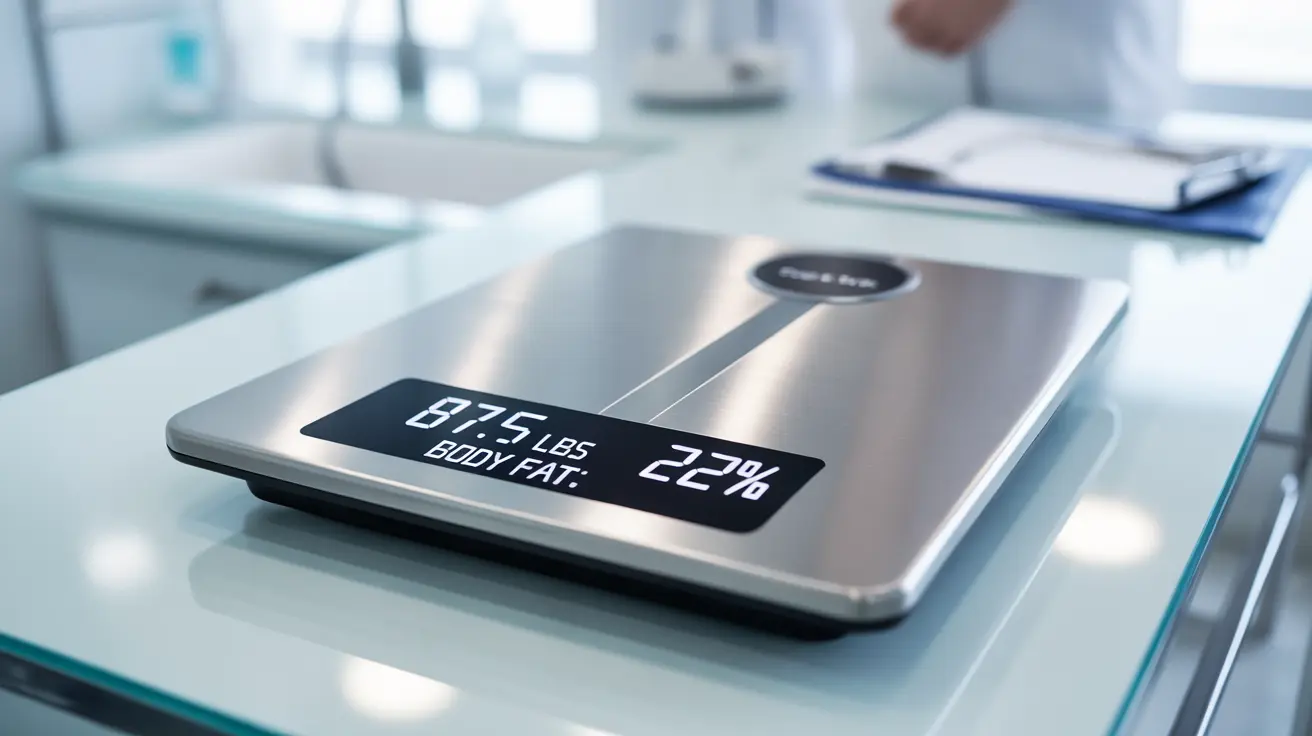For individuals using Continuous Positive Airway Pressure (CPAP) therapy to manage sleep apnea, questions about weight changes are common. Understanding the relationship between CPAP therapy and weight management is crucial for optimizing treatment outcomes and overall health benefits.
This comprehensive guide explores the connection between CPAP therapy and weight changes, including average weight loss expectations, metabolic impacts, and strategies for successful weight management while using CPAP.
Understanding CPAP's Impact on Weight
CPAP therapy primarily treats sleep apnea by maintaining open airways during sleep. While weight loss isn't a direct effect of CPAP use, the therapy can influence body weight through several mechanisms, including improved sleep quality and metabolic function.
The Science Behind CPAP and Metabolism
When sleep apnea is effectively treated with CPAP, several physiological changes occur that can affect weight:
- Normalized hormone levels, particularly those controlling hunger and satiety
- Improved insulin sensitivity
- Reduced inflammation
- Enhanced energy levels for daily activities
- Better sleep quality, leading to improved metabolic function
Typical Weight Changes with CPAP Therapy
The average weight loss with CPAP therapy varies significantly among individuals. Some users may experience modest weight loss of 2-5 pounds within the first few months of consistent therapy, while others might see different results based on various factors:
Key factors affecting weight changes:
- Consistency of CPAP use
- Initial body weight and BMI
- Overall lifestyle habits
- Diet and exercise routine
- Underlying health conditions
Managing Weight During CPAP Treatment
Effective Strategies for Success
To optimize weight management while using CPAP therapy:
- Maintain consistent CPAP usage every night
- Follow a balanced, nutrient-rich diet
- Engage in regular physical activity
- Monitor portion sizes and meal timing
- Stay well-hydrated throughout the day
Common Challenges and Solutions
Some users may face initial challenges that could affect their weight management:
- Mask discomfort leading to inconsistent use
- Changes in sleeping patterns
- Adjustment period to the therapy
- Modified eating habits due to improved sleep
Weight Loss Goals and CPAP Usage
Setting realistic weight loss goals while using CPAP therapy is essential. Working with healthcare providers to create a personalized plan that addresses both sleep apnea management and weight loss objectives can lead to better outcomes.
Frequently Asked Questions
How much weight can you lose on average with CPAP therapy, and is it common?
Weight loss with CPAP therapy varies individually, but users may experience modest weight loss of 2-5 pounds when consistently using their device. However, weight loss isn't guaranteed and depends largely on lifestyle factors and overall health management.
Why do some people gain weight after starting CPAP treatment for sleep apnea?
Weight gain can occur due to various factors, including changes in metabolism, increased appetite from better sleep, or lifestyle adjustments. Some people may also experience initial fluid retention as their bodies adjust to the therapy.
What is the connection between CPAP machines and changes in metabolism or appetite?
CPAP therapy can normalize hormones that regulate hunger and metabolism by improving sleep quality and reducing sleep apnea episodes. This can lead to better appetite control and more balanced metabolic function.
Can losing weight help you stop using a CPAP machine for sleep apnea?
Significant weight loss may improve sleep apnea symptoms and potentially reduce CPAP pressure requirements. However, discontinuing CPAP therapy should only be done under medical supervision and after a sleep study confirms it's safe.
What lifestyle changes or diet plans are recommended with CPAP therapy to help with weight loss?
Recommended lifestyle changes include:
- Following a balanced, calorie-controlled diet
- Regular exercise, particularly earlier in the day
- Consistent sleep schedule
- Proper CPAP maintenance and usage
- Regular medical check-ups to monitor progress
- Stress management techniques




